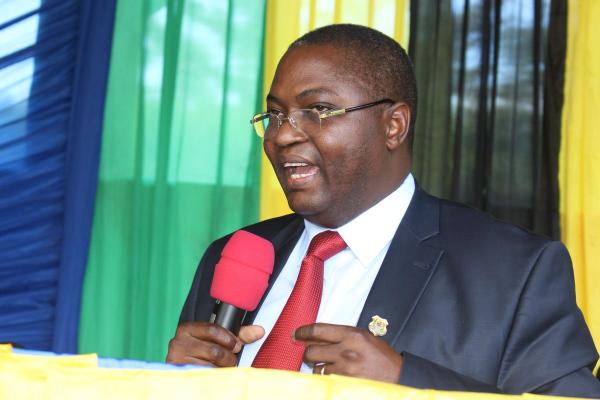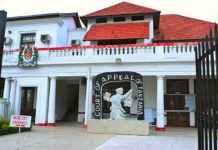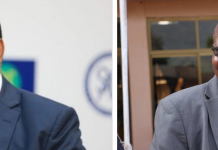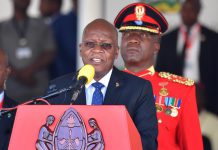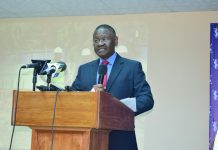Attorney General’s Office has saved a whopping 10bn/- that would have been used to pay private advocates to represent the country in various international cases.
Attorney General (AG), Professor Adelardus Kilangi revealed this when opening the Labour Council of the Office of the Solicitor General held in Dar es Salaam over the weekend.
According to Prof Kilangi, the government had planned to spend 10.5bn/- in 2019 to pay private attorneys who were to represent Tanzania in various legal disputes abroad.
However, he said, his office decided that the state lawyers should manage the cases and eventually the amount spent is 300m/- only. “State Attorneys represented the government very well in cases that were filed both domestically and internationally,” he noted.
As Tanzania strives towards a middle-income economy, the country should brace for economic- related cases aimed at hampering or hindering its development, warned Prof Kilangi.
“This Council, therefore, should be a catalyst for continuing the struggle for the present and future generations as we are in a good position of controlling revenue, contract management, health, electricity, infrastructure and transportation that stimulate economic development,” he said.
Prof Kilangi added, “Not all will be happy with these achievements as some have been touched with what is going on, which does not differ with the Arusha Declaration.
So, we can expect all kinds of cases because they feel now we can bring our own developments, using our own resources.” The AG emphasized that it was important to be prepared to face anything that might arise, citing recent flight seizures and the international case delivered before the English Court, which prompted him and the Deputy Solicitor General to fight for the country’s interests.
He, thus, called upon the state lawyers to manage properly all litigations to get the country to the middle and industrial economies and to focus on archiving and providing accurate consultation data in order to have a solid argument in defending government cases.
On his part, the Solicitor General, Dr Clement Mashamba, spoke of the challenges they face, including lack of accurate data on decided cases and the shortage of more experienced specialised lawyers.
Dr Mashamba called on the government to see the need to hire attorneys for a minimum of four years who will assist in handling long-term pending cases. He also raised concern of failure by various government departments and agencies to report on cases filed in court and instead they had been receiving such information after the decision had been made.
Thus, he said, it was the responsibility of the executive secretaries to report to his office on the cases within a reasonable time so that they could learn on what was going on.
“We continue to improve infrastructure in spite of the challenge we encounter from regional offices and lack of resources. For example, in Mbeya region, we do not have our own building but it’s the region that leads in political cases,” the Solicitor General said.
He added that there was a need of having a modern legal registry of economic and political related-cases filed against the government for due deliberations.
Dr Mashamba underscored the need for capacity building in order to create a pool of adequately skilled lawyers in important areas, including mining. The AG also hinted at the upcoming general elections and called upon state attorneys to prepare themselves to represent the government effectively in the various election cases.
He said the experience shows that there are many cases opened before, during and after the election, and it was, therefore, the responsibility of every state lawyer to represent the government diligently.
“You have a responsibility to represent the government in this election. So be prepared to ensure the country passes this test safely,” said Professor Kilangi.
On his part, Deputy Solicitor General Gabriel Malata promised that all election-related cases would be handled in the best interests of the government.


